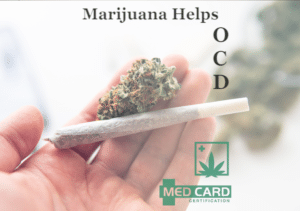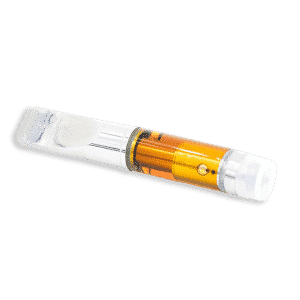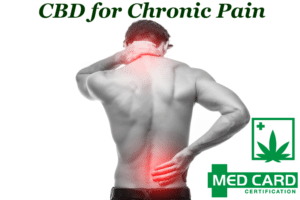Medical Marijuana Treatment for Inflammatory Bowel Disease (IBD)
Overview
Inflammatory Bowel Disease (IBD) is general medical term used to describe chronic intestinal disorders. Dealing with inflammatory bowel disease (IBD) can be very difficult both physically and mentally as it’s often hard for patients of this disease to clearly explain their personal experiences to their doctors. The two main and most common types of Inflammatory Bowel Disease (IBD) are Crohn’s disease and ulcerative colitis.
Crohn’s disease is a chronic inflammation of the digestive tract. The inflammation caused by this disease can extend deep into the intestinal wall of the patient and can occur throughout the digestive tract from the mouth to the anus. Crohn’s disease cannot be cured but it’s usually treated with medications that the patients are required to take for life.
Ulcerative colitis is a chronic inflammation of the colon. This disease occurs when the mucous membrane inside the colon inflames. Ulcerative colitis often starts with an inflammation of the rectum, but can also ignite the entire colon from the beginning. This leads to ulcers and pains in the intestines.
Abdominal pain, diarrhea and fatigue are the most common symptoms of IBD, but this varies from one patient to another. The symptoms of IBD evolve over time with a period of mild symptoms and also periods when the symptoms get intense for no apparent reason.
More than 5 million people worldwide suffer from this exhausting chronic bowel disease. Medications do not cure the disease but healthcare providers prescribe different medications to its sufferers to reduce the symptoms and inhibit the inflammation.
Is IBD and IBS the same thing?
No. Inflammatory bowel disease, including UC and CD, is different from irritable bowel syndrome (IBS). Unlike IBD, IBS does not cause inflammation, ulcers or other damage to the bowel. Instead, IBS is a much less serious problem called a functional disorder.
Treating Inflammatory Bowel Disease (IBD) with Marijuana
Marijuana has been used medicinally for thousands of years but the first documented evidence of its medicinal use came from the Chinese Emperor Shen-Nung in 2700 BC. In recent times, Canada is the first country to acknowledge that marijuana has valuable constituents that have potential therapeutic uses and approved its medicinal use in 2001.
Cannabinoid receptors (CB1 and CB2) are found in the nervous system. This includes the intestinal nervous system that plays a role in regulating bowel function. The endocannabinoid system (ECA) has been studied and proven to be essential to maintain good intestinal motility, sensation and inflammation.
Although only a few studies have identified the effects of medical marijuana on patients with IBD, evidence of safe and effective treatment of some patients has been reported. A 2011 study found that 51% of patients with ulcerative colitis and 48% of Crohn’s patients are life-long cannabis users.
Another study in 2013 shows that the use of medicinal marijuana in half of the patients with Crohn’s disease can bring their disease to full remission. This research focused on the effect of the consistent use of medicinal marijuana in patients with severe forms of Crohn’s disease and was published in the journal Clinical Gastroenterology and Hepatology.
The results of this clinical study – with 21 participants – suggest that the anti-inflammatory properties of marijuana are responsible for alleviating the symptoms in the majority of patients; and achieving total remission in others.
The Best Marijuana Strains for IBD
Some of the best marijuana strains for Inflammatory Bowel Disease patients include:
- Blue Dream
- Girl Scout Cookie
- OG Kush
- GG4
- Pineapple Express
- White Widow
- Confidential Cheese
How To Get Medical Marijuana for IBD
If you are a resident of a legal state and want medical marijuana to treat IBD or other medical conditions, you will first need to consult with a certified doctor in order to get a med card. To get started, simply fill out the MMJ patient registration form, press submit and a physician or clinic representative will contact you as available.












